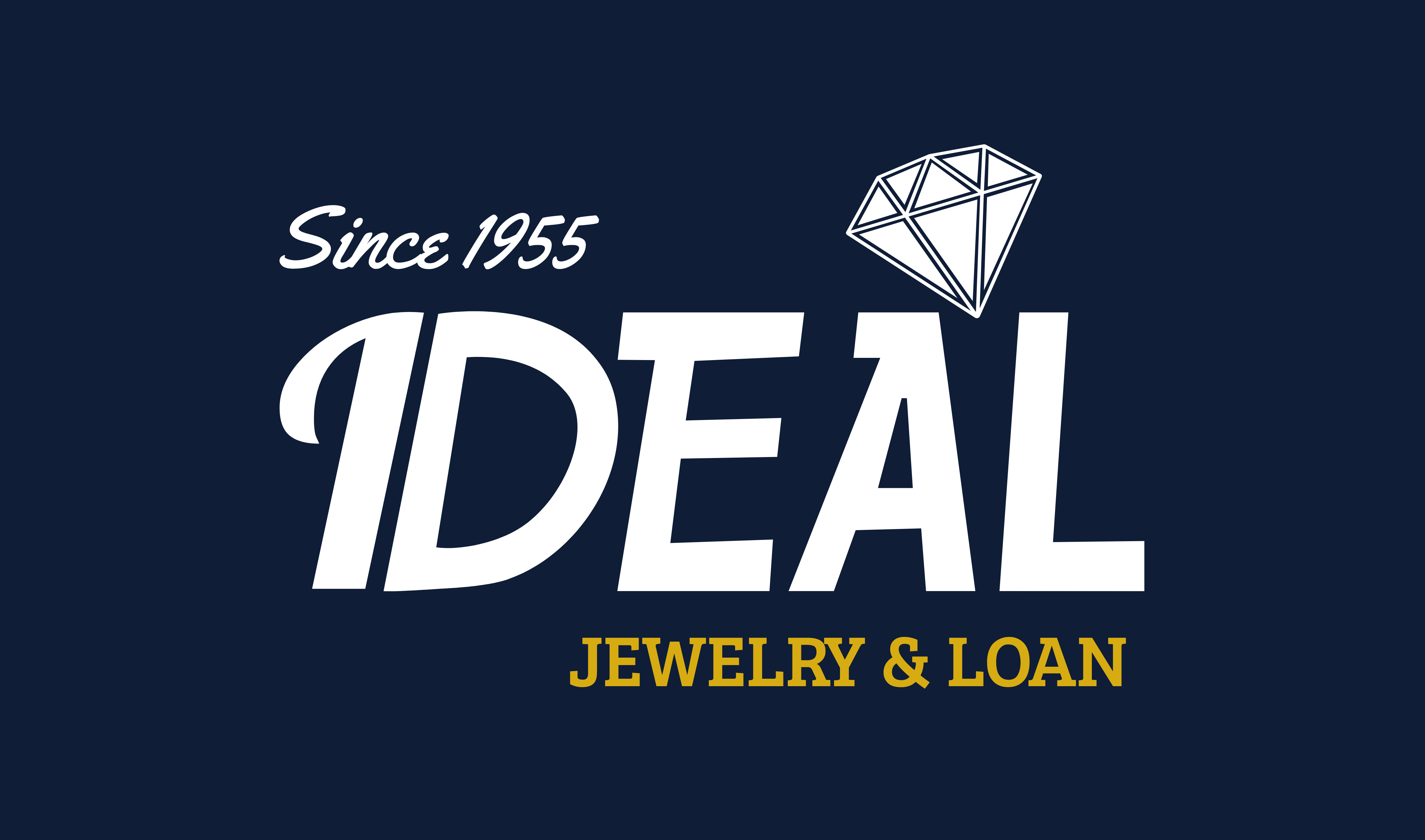Pawn vs. Sell: When to do what?
When you need quick cash, pawn vs. sell is a crucial decision. Should you pawn your valuables for a loan or sell them outright for immediate cash? The best choice depends on how much money you need and whether you want to keep your item. Let’s explore which option gets you the most money and helps you make a smart financial decision.

What Does It Mean to Pawn an Item?
Pawning means using your valuable item as collateral for a short-term loan. The pawn shop assesses the item’s value and offers you a loan amount based on it. You get cash on the spot, and if you repay the loan within the agreed period, you get your item back.
Pros of Pawning
✔ No permanent loss – You get your item back after repayment.
✔ No credit check – Your credit score remains unaffected.
✔ Quick access to cash – A fast and easy way to get funds.
Cons of Pawning
✘ Loan fees and interest – Costs can add up if not repaid on time.
✘ Limited loan amount – Pawn shops typically lend less than the resale value.
✘ Risk of losing your item – If you don’t repay, the shop keeps your item.
What Does It Mean to Sell an Item?
Selling means giving up ownership of your item in exchange for cash. The pawn shop evaluates your item and offers a price based on its resale value.
Pros of Selling
✔ More cash upfront – Typically, you get more money than pawning.
✔ No repayment obligations – Once sold, there’s nothing to worry about.
✔ Declutter and earn – Get rid of unused items while making money.
Cons of Selling
✘ No chance of getting it back – Once it’s sold, it’s gone.
✘ Market-dependent pricing – Prices vary based on demand and condition.
✘ Emotional loss – Sentimental items can be hard to part with.
Which Option Gets You the Most Money?
In most cases, selling gives you more money than pawning. Here’s why:
🔹 Pawn shops lend less than an item’s full value because they need to profit while ensuring repayment.
🔹 Selling allows shops to resell immediately, so they offer a better price than a pawn loan.
🔹 High-demand items fetch better offers when sold outright rather than pawned.
However, if you need cash but don’t want to part with your valuable, pawning is the better choice.
When Should You Pawn vs. Sell?
| Situation | Best Option |
|---|---|
| You need quick cash but want your item back | Pawn |
| You want the highest possible payout | Sell |
| Your item is sentimental | Pawn |
| You don’t want to deal with repayment | Sell |
| Your item is rare or hard to resell | Pawn |
How to Get the Best Deal at a Pawn Shop
✅ Know your item’s worth – Research online or check past sales.
✅ Clean and present your item well – The better it looks, the higher the offer.
✅ Negotiate smartly – Don’t accept the first offer; counter for a better deal.
✅ Choose a reputable pawn shop – Ensure fair pricing and honest dealings.
For more details on how to sell valuables, visit our services page.
Final Verdict: Pawn or Sell?
🔹 Pawn if you need cash but want your item back.
🔹 Sell if you want the most money with no strings attached.
Both options serve different needs, so choose based on your financial situation and the item’s importance.
Key Takeaways
✔ Selling gives you the most money upfront, while pawning offers short-term financial relief.
✔ Pawning is best if you plan to retrieve your item later.
✔ Consider your urgency, sentimental value, and item’s worth before making a decision.
✔ Negotiate wisely to get the highest offer for your item.
For expert assistance, contact us today or visit our pawn shop for a fair evaluation!



